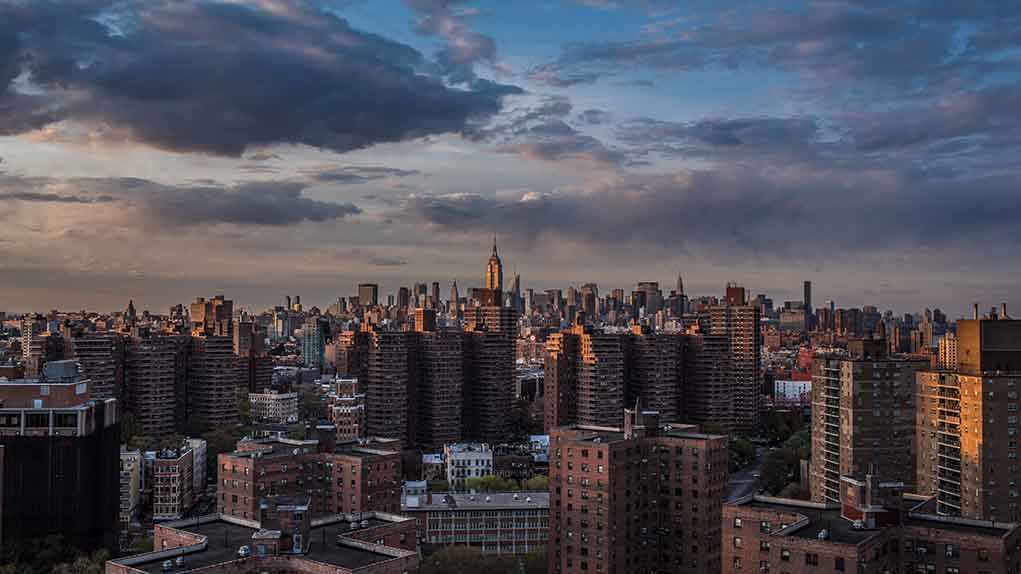
When Curtis Sliwa, the streetwise founder of the Guardian Angels and perennial New York icon, pledged to retire his famous red beret if he wins the mayor’s office, he sent shockwaves through both his loyal supporters and his critics—leaving everyone wondering what’s left of the city’s soul when its most recognizable fighter hangs up his gloves.
At a Glance
- Curtis Sliwa promises to retire his signature red beret if elected mayor of New York City.
- The pledge represents a symbolic break from activism to official city leadership.
- Sliwa’s campaign uses his crime-fighting legacy while signaling readiness for executive office.
- Observers debate whether this gesture is genuine transformation or just political theater.
Sliwa’s Red Beret: From Subway Crimefighter to Mayoral Candidate
Curtis Sliwa’s red beret isn’t just a hat. For over four decades, it’s been a symbol of the Guardian Angels’ battle against crime and the bureaucratic rot that let New York’s streets fester. Sliwa founded the Guardian Angels in 1979, recruiting volunteers to patrol subways and neighborhoods, refusing to stand by while politicians and city officials did little but wring their hands and throw taxpayer dollars at failing programs. That beret became the city’s unofficial badge of common-sense law and order, a reminder of what working people can do when government drops the ball. Now, after cementing his reputation as a relentless crimefighter and running yet again as the Republican nominee for mayor, Sliwa says he’ll retire the beret if he wins. Some see this as a necessary step toward becoming a city executive. Others worry it signals a fading of the grassroots grit the city desperately needs.
Curtis Sliwa pledges — again — to hang up iconic red beret if he wins NYC mayoral race https://t.co/TkV5wNoGx2 pic.twitter.com/pyXAMhUn19
— New York Post (@nypost) July 28, 2025
As the mayoral campaign heats up, Sliwa insists this gesture is proof he’s ready to leave behind his activist image and take on the responsibilities of City Hall. But for residents who’ve watched the city slip further into chaos under progressive leadership, the real question is whether Sliwa’s willingness to “hang up the beret” means he’s trading in the people’s fight for political expediency—or simply doing what’s necessary to finally bring sanity back to New York.
Political Symbolism or Substantive Change?
Announcing the retirement of his iconic beret, Sliwa says he’s making a clear break between his activist past and the job of running the nation’s largest city. The Guardian Angels, once maligned by city officials and derided as vigilantes, became a force for order at a time when New Yorkers couldn’t count on their own government for safety. Sliwa’s decision to put aside the beret is calculated to reassure moderate voters and skeptics who see grassroots activism as incompatible with executive leadership.
Still, plenty of observers are skeptical. Critics wonder if this is just political theater, a symbolic gesture meant to win over centrists without making any real change to Sliwa’s approach. Supporters counter that it’s a sign of maturity—a willingness to put the good of the city above personal brand and nostalgia. As the Guardian Angels shift their focus to wellness checks and outreach for the homeless, Sliwa’s continued involvement remains a rallying point for voters who are fed up with city hall’s endless waffling and virtue signaling.
Impact on the Guardian Angels and New York City Politics
Whether Sliwa wins or loses, his pledge to hang up the red beret will have lasting effects. For the Guardian Angels, it could mean a new era of leadership and public perception. The organization’s very identity is tied to Sliwa’s image, and some members worry that a move away from the red beret might dilute their mission or weaken their public presence. On the other hand, a successful transition could help the group evolve and gain new legitimacy as a partner in community safety initiatives, especially as the city continues to reel from years of failed leftist policies and anti-police sentiment.
For New York voters, the spectacle of Sliwa’s pledge is a reminder of what’s at stake in this election. After enduring years of escalating crime, government overreach, and a political establishment that seems more interested in appeasing activists than protecting law-abiding citizens, the city is at a crossroads. Sliwa’s campaign, with all its theatrical flourishes and no-nonsense rhetoric, taps into a deep frustration with the status quo—and the longing for a return to common-sense governance rooted in family values, personal responsibility, and real public safety.
Expert Views: Rebranding, Maturity, or Political Theater?
Political analysts say that Sliwa’s move is classic rebranding—a tactic to broaden his appeal beyond die-hard supporters and reach voters who want substance over showmanship. Academic observers note the importance of public safety narratives in city elections, especially after years of progressive mismanagement. Supporters call the gesture a sign that Sliwa is serious about governing, while critics dismiss it as empty symbolism. What’s not in dispute is that the red beret remains a potent symbol—one that evokes both nostalgia and the hope for a New York restored to sanity.
Whether this campaign promise marks real transformation or just another chapter in the city’s long-running political circus, New Yorkers know one thing: the city needs a leader who puts citizens first, not ideologues, not special interests, and certainly not the criminals who have enjoyed a free pass for too long. Sliwa’s pledge to retire his red beret—love it or hate it—is a moment that forces voters to ask what they really want from their next mayor: more of the same, or a new era where common sense finally gets its day in City Hall.











